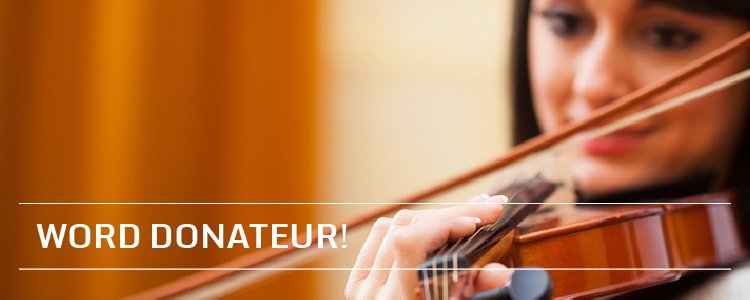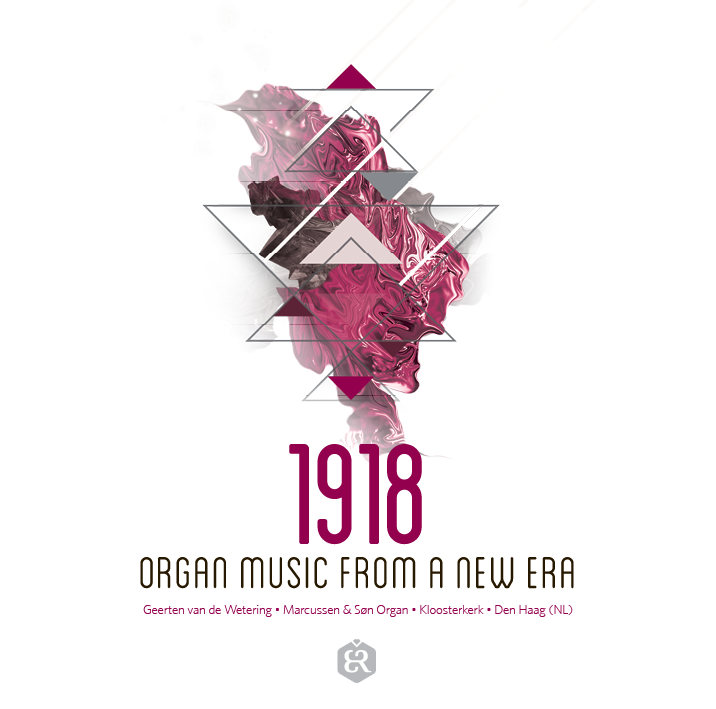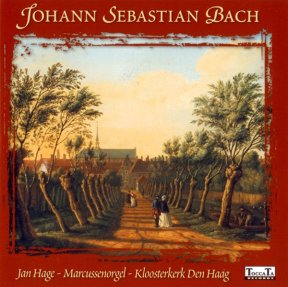Programma woensdag 7 februari 2007
Rubato Appassionato
- Aanvangstijd: 12:45 uur
- Locatie: Kloosterkerk
Programma “War and Peace: Harmony and Dissonance” (18th century music from the Netherlands and Spain)
Toelichting op het programma:
The Spanish music included in this concert is taken from manuscripts found in Catalonia. The musical text is brief: short melodies with / without a bass line, no indication of the form nor of the Harmony. Rubato Appassionato has taken these pieces and made from them variations upon the melody and, in some cases, written the bass line, following the criteria of the rules and aesthetics of the baroque period. The Collection D. F. Scheurleer, found in the Koninklijke Bibliotheek in The Hague, includes several Murkies and other dances. The Murky's bass consists of an extended pattern of alternating octaves. This style of composition flourished in Germany from the 1730s. The term has generated a wide variety of etymological explanations, some of which infer English origins, while it has been suggested that the murky was a Polish folkdance, named after the village of its origin, Murka.
Anonymous
Dances
(Ms M691/21, Biblioteca de Catalunya, Barcelona)
- Tocata alemanda
- Sarabanda
- Tocata alemanda
Anonymous
Dances
(Collection D. F. Scheurleer, 21 H 45, Koninklijke Bibliotheek, Den Haag)
- Murky
- Aria
- March
- Murky
Anonymous
Contradanzas abiertas
(1768 - Ms M1667, Biblioteca de Catalunya, Barcelona)
- El Carnaval de Madrid
- La turca
- El tambor
- La Madrileña
- La miscelanea
- Las Pantorrillas
Informatie over de uitvoerende(n)
Rubato Appassionato (Antonia Tejeda, blokfluit; Eyal Streett, barokfagot; Sasha Agranov, barokcello)
Rubato Appassionato was founded in the year 2000 at the Royal Conservatory in The Hague. The ensemble devotes itself to baroque music, exploring the beauty and elegance of the 18th century. The unique combination of instruments opens doors to creativity and originality while remaining faithful to the spirit and aesthetics of baroque music. The repertoire embraces music from Italy, Germany, France, the Netherlands, England and Spain, containing pieces which are both exquisite and virtuous. Passionate for research of forgotten and unknown Iberian compositions, the ensemble imposes on itself the goal to capture these musical gems and offer them to the public. The use of the cello as a harmonic instrument playing the basso continuo is a historical performance-practice that is very seldom explored in today's concert halls. The result is a sparkling and fresh color. Rubato Appassionato has performed all over Holland, Spain and Israel. Its debut CD, devoted to Iberian 18th century music, is available on the label La ma de guido (LMG2068).
Antonia Tejeda was born in Barcelona in 1975. She graduated from the Professional Conservatory of Music in Badalona in 1994 and studied at the Superior Conservatory of Music in Barcelona with Josep Maria Saperas. She studied recorder with Dorothea Winter at the Royal Conservatory in The Hague, graduating in 2002. She is currently a member of Dionysus Consort (15th and 16th - century repertoire) and Les passions de l'âme (18th century repertoire). She has played in the Early Music Festivals of Barcelona and Lincoln. She loves photography, books, cinema, painting, Billie Holiday and spending time with her daughter.
Eyal Streett was born in Jerusalem in 1978. He began his bassoon studies with Richard Paley, proceeding with Mordechai Rechtman. He studied historical bassoon with Donna Agrell at the Royal Conservatory in The Hague, graduating in 2002, and with Alberto Grazzi in the Civica Scuola di Musica in Milan, graduating in 2003. He has been a winner of the America-Israel Culture fund scholarship between 1994 and 2000 for his achievements on the modern bassoon, the baroque bassoon and the performance of chamber music. He tours and records with the leading early music orchestras such as Freiburger Barockorchester, Les Talens Lyriques and the European Brandenburg Ensemble. He is a member of Nachtmusique. He loves travelling, spicy food, arab music, Pharoah Sanders, singing to his daughter and caressing his cat.
Sasha Agranov was born in Saint Petersburg in 1977. He moved to Israel in 1979. He studied violoncello with Hilel Zori at the Music Academy of Tel Aviv. In 1999 he began his studies at the Royal Conservatory in The Hague, studying baroque violoncello with Jaap Ter Linden. He graduated in 2005. He has played in the Early Music Festival of Brezice and the Music Festival of San Sebastian. He is currently a member of Seva de Mar and The Zoozoo Ensemble (music with live electronics). He also performs regularly in contemporary projects such as The Worlds of Milosh, by Daniel Landau. He loves circus, insects, hummus, cooking and walking on stilts.


